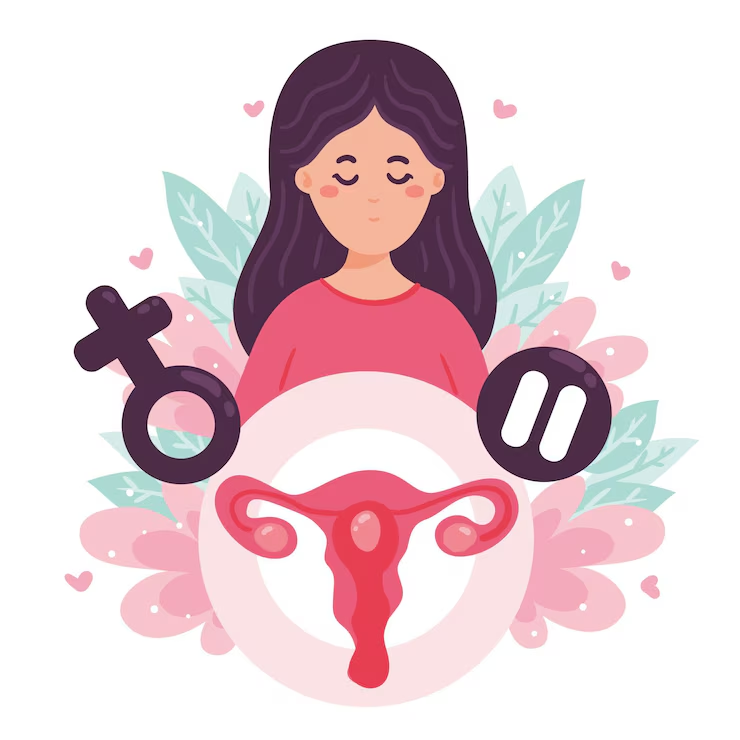Learning about newborn care

Welcoming a newborn into the world is one of life’s most beautiful and transformative experiences. As exciting as it is, the thought of caring for a tiny, fragile human can also be overwhelming, especially for first-time parents. Learning about newborn care during the pregnancy cycle is an empowering step that prepares you both mentally and practically for the big transition into parenthood.
Why Learning Newborn Care Is Important
Being prepared for newborn care helps reduce anxiety, builds confidence, and enables parents to respond calmly and effectively to their baby’s needs. It’s not just about feeding and diapering it's also about bonding, understanding infant cues, and ensuring physical and emotional well-being for the baby and the parents.
Key Areas of Newborn Care to Learn Before Birth
1. Feeding Your Newborn
Feeding is a newborn’s primary need. Whether you choose breastfeeding, formula feeding, or a combination of both, it’s important to understand:
-
How often newborns eat (usually every 2–3 hours)
-
Proper latching and positioning for breastfeeding
-
Safe preparation and storage of formula
-
Burping techniques to reduce gas and discomfort
Taking a lactation class or consulting with a lactation consultant can be beneficial before and after the baby arrives.
2. Diapering and Hygiene
Newborns typically go through 8–12 diapers a day. Get comfortable with:
-
Choosing between cloth and disposable diapers
-
How to properly clean and change diapers
-
Recognizing signs of diaper rash and how to treat/prevent it
-
Umbilical cord stump care (keep it clean and dry until it falls off)
3. Bathing Your Baby
Newborns don’t need daily baths 3 times a week is usually enough. Initially, give sponge baths until the umbilical cord falls off. Learn how to:
-
Set up a safe bath area
-
Use lukewarm water and gentle, fragrance-free soap
-
Support the baby securely during bathing
-
Keep the baby warm before and after the bath
4. Safe Sleep Practices
Sleep safety is crucial to prevent Sudden Infant Death Syndrome (SIDS). Parents should:
-
Always place the baby on their back to sleep
-
Use a firm, flat mattress with a fitted sheet
-
Avoid pillows, toys, and loose blankets in the crib
-
Room-share (but not bed share) for the first 6 months
5. Comforting Techniques
Newborns cry to communicate. Common ways to soothe them include:
-
Swaddling
-
Gentle rocking or bouncing
-
Soft shushing sounds or white noise
-
Pacifiers (after breastfeeding is well established)
Recognizing why your baby is crying (hunger, discomfort, sleepiness, overstimulation) is a skill you’ll develop over time.
6. Recognizing Health Issues
Knowing when to call the pediatrician is vital. Red flags include:
-
Fever over 100.4°F (38°C) in babies under 3 months
-
Poor feeding or vomiting
-
Unusual sleepiness or irritability
-
Breathing difficulties or persistent coughing
-
Rash or skin discoloration
Always trust your instincts if something feels off, seek medical advice.
7. Bonding and Emotional Care
Bonding with your newborn through touch, eye contact, talking, and cuddling supports their emotional development. This connection also boosts parental confidence and helps develop a deep sense of love and attachment.
Taking Care of Yourself Too
While learning to care for your baby, don’t forget your own well being. Postpartum recovery, sleep deprivation, and emotional changes can take a toll. Rest when you can, accept help, and don’t hesitate to reach out for support from family, friends, or professionals.
Related Articles

Understanding Your Menstrual Cycle: A Guide for Every Woman

Herbal teas that help with cramps

Baby development at 23 weeks

Baby development at 05 weeks

Yoga poses that ease cramps

Using pillows for comfort

Managing unusual cravings

Choosing mild shampoos